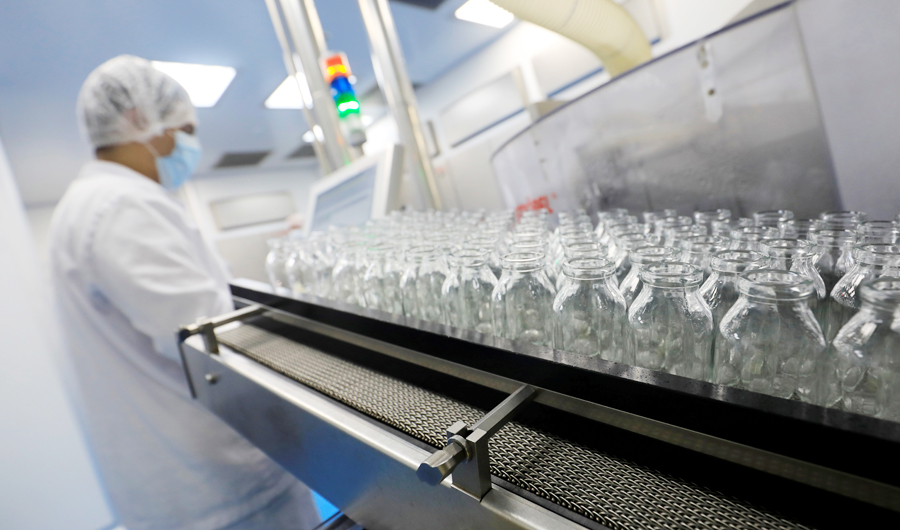CAIRO: Coronavirus disease (COVID-19) cases continue to rise worldwide. While many acknowledge the indispensable role of physicians in diagnosing and treating patients infected with it, there persists a lack of awareness regarding the importance of physical therapy, especially during recovery.
“Physiotherapists have been at the frontlines in Egypt during this crisis. At least three were infected and died while working with COVID-19 patients,” Dr. Mohammed Magdy El-Meligie, lecturer of physical therapy at the October 6 University in Cairo, told Arab News.
“Physiotherapists are an important part of a multidisciplinary team that provides treatment for patients infected with COVID-19,” El-Meligie said. “The role of physical therapy during this crisis can be summed up in this simple statement: A doctor may save your life, while a physiotherapist can improve your quality of life.”
According to El-Meligie, nearly half of COVID-19 patients who require hospitalization need oxygen treatment, while five percent of cases are held in intensive care units (ICUs) to receive the necessary support. These patients pass through different stages as they face an uphill battle to recover and return to prior levels of function. The role of physical therapy in each stage varies according to the severity of the case.
For example, during the intensive care stage, patients suffer from mucous hypersecretion with difficulty in clearing these secretions.
“This is may lead to several complications, such as difficulty breathing and respiratory tract obstruction, which may eventually cause respiratory failure,” El-Maligie explained.
“Physiotherapy during this stage aims to facilitate the clearance of these secretions and improve breathing capacity by applying airway clearance techniques. These include deep breathing exercises, which encourage coughing and strengthen respiratory muscles,” he said.
El-Maligie added that manual therapy techniques such as percussion and vibration help to mobilize secretions from stubborn peripheral areas in the lungs to more central areas, which may help patients expel them in the easiest way possible. Sometimes, airway mechanical suctioning may be used in critically ill patients.
El-Meligie pointed out that COVID-19 patients suffer from a lack of physical activity and prolonged bed rest, which have a negative impact on several body systems, such as the musculoskeletal, cardiovascular and even cognitive systems.
Prolonged bed rest may affect a patient’s ability to return to normal life even after complete recovery. It is thus important to maintain muscular status and prevent weakness from developing in skeletal muscles. Neuromuscular electrical stimulation can restore muscle function in critically ill patients who are unable to perform any sort of activity.
El-Meligie emphasized that the role of physical therapy is not limited to the hospitalization period only, but must also continue when the patient returns home.
“After full recovery, patients often become worried that it will take them quite a while to return to their normal energy and fitness levels. That is why we have a home program suitable for each patient. The program includes exercises that strengthen muscles, restore joint flexibility and improve lung capacity,” he said.
El-Meligie stressed the importance of physiotherapy for recovering patients.
“Due to the increasing number of ICU admissions and prolonged bed rest associated with COVID-19, comprehensive physiotherapy programs should be implemented to accelerate patients’ functional recovery and prevent the complications of immobilization, especially in ventilator-dependent patients,” he said.







